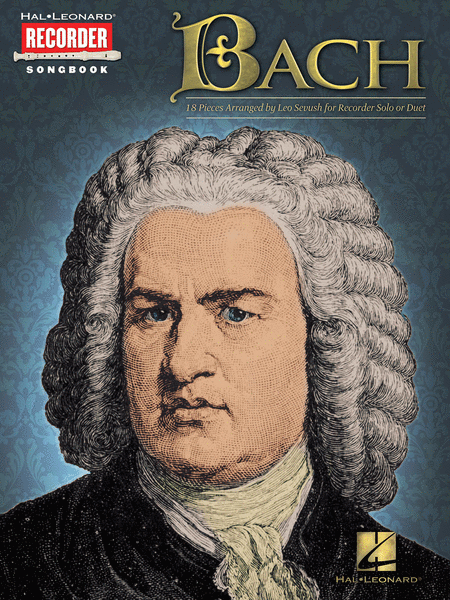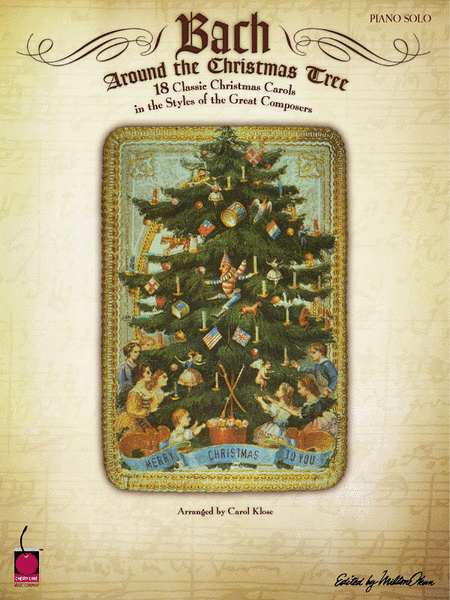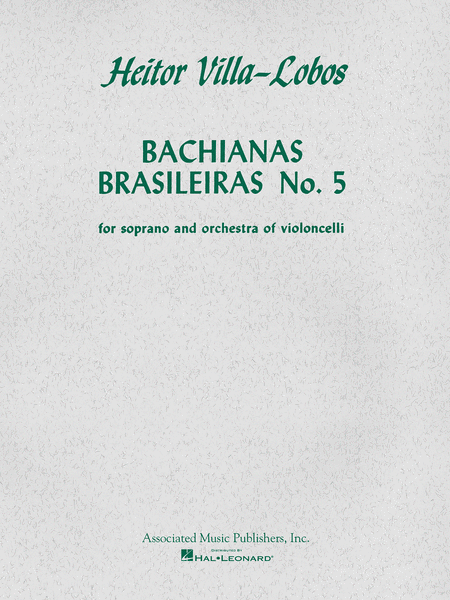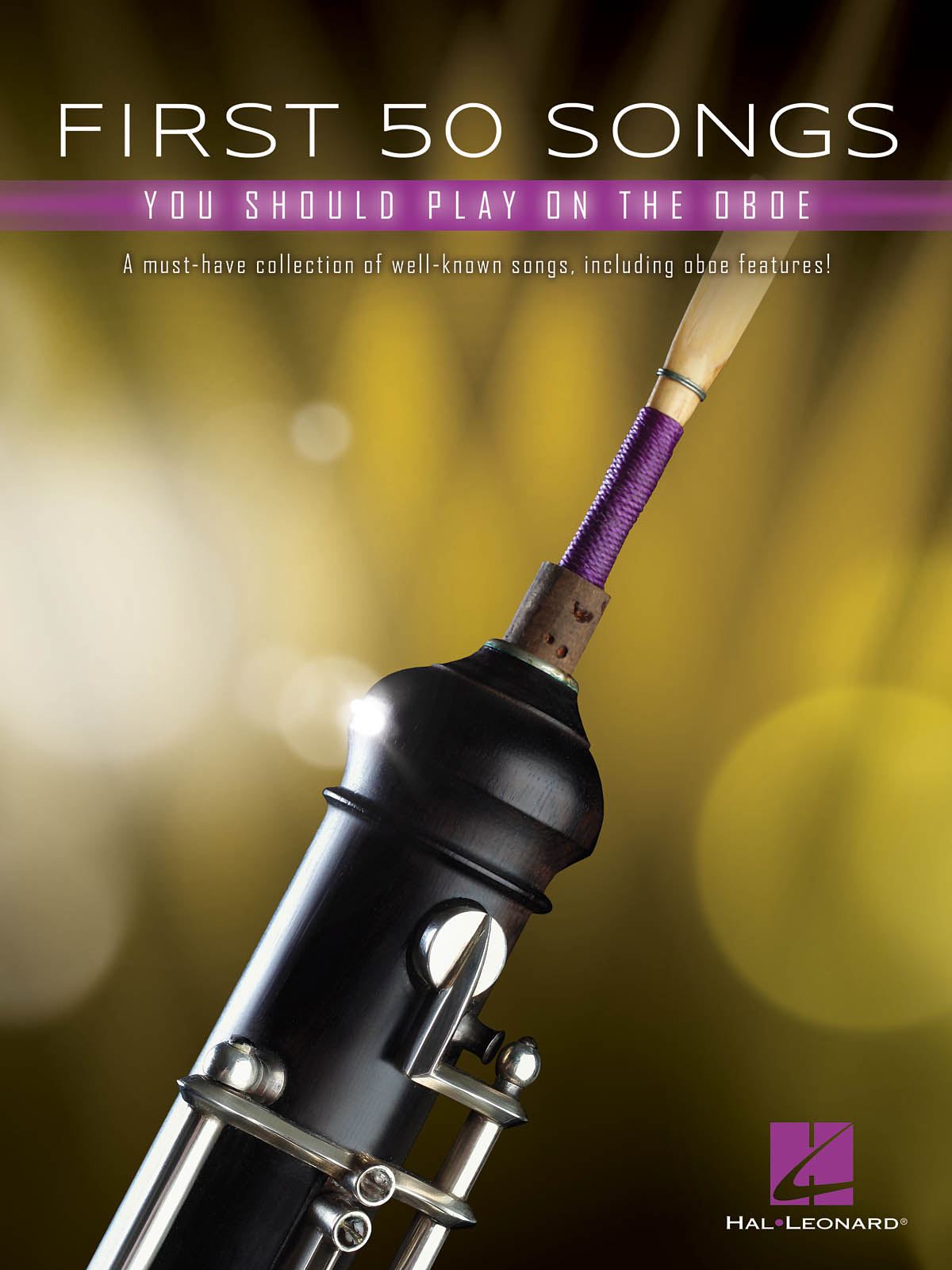Gott ist mein König (God is my king), BWV 71, is a
cantata by Johann Sebastian Bach. He composed it in
Mühlhausen for an annual church service that was held
to celebrate the inauguration of the new city council
on 4 February 1708. It is one of the six earliest
cantatas Bach composed (along with BWV 150, 131, 106,
196 and 4) that are still extant. Like these other
works, the text of BWV 71 is of a pre-Neumeister
character, featuring neither recitative nor arias.
From 1707 to 1708, Bach...(+)
Gott ist mein König (God is my king), BWV 71, is a
cantata by Johann Sebastian Bach. He composed it in
Mühlhausen for an annual church service that was held
to celebrate the inauguration of the new city council
on 4 February 1708. It is one of the six earliest
cantatas Bach composed (along with BWV 150, 131, 106,
196 and 4) that are still extant. Like these other
works, the text of BWV 71 is of a pre-Neumeister
character, featuring neither recitative nor arias.
From 1707 to 1708, Bach was the organist of one of
Mühlhausen's principal churches, Divi Blasii church
(dedicated to St Blaise also called Blaise the Divine),
where he composed some of his earliest surviving
cantatas. (One or two cantatas, for example Nach dir,
Herr, verlanget mich, BWV 150, may have been written at
Arnstadt, his previous residence, for performance at
Mühlhausen.) Gott ist mein König, along with another
cantata (now lost) composed the following year, was
written for the annual service that took place on
February 4, the day after the city held elections to
install a new city council.
Gott ist mein König is a significant early work of
Bach. It differs from the other extant cantatas from
Bach's time in Mühlhausen by its elaborate
instrumentation. Bach went on to compose other cantatas
for the ratswechsel for the town council at Leipzig,
which also had a "festive" scoring, but Gott ist mein
König differs from them too: very few of the formal
characteristics of Bach's Leipzig cantatas (still some
fifteen years in the future) are found in this early
work.
It was so positively received that it was the first of
Bach's works to be printed (paid for by the city
council); it is the only cantata to have been printed
in his lifetime, at least in a version which has
survived to this day. (Bach was commissioned to compose
another cantata for the following year's council
inauguration; there is evidence that the piece was
composed and even printed, but no copies are known to
survive). The printing is all the more remarkable as
the council changed every year, and Gott ist mein
König appears to have been intended for not more than
one repeat performance.
The cantata is scored for four soloists: soprano, alto,
tenor and bass. The choral writing is in four parts,
and the work can be sung with just four singers,
although some performances deploy more singers in the
choral sections. The use of a larger choir is partly a
question of balance with the instrumental forces, but
there is also supporting evidence in the score, where a
marking implies that Bach envisaged the option of a
vocal ensemble that is separate from the four
soloists.
This was Bach's first cantata for festive orchestra,
including trumpets and timpani. The instruments are
divided into four spatially separated "choirs", placing
the work in the polychoral tradition associated with
composers such as Heinrich Schutz. The instruments
required are three trumpets, timpani, two recorders,
two oboes, bassoon, organ obbligato, two violins,
viola, viola da gamba and basso continuo.
Source: Wikipedia
(https://en.wikipedia.org/wiki/Gott_ist_mein_K%C3%B6nig
,_BWV_71).
I created this arrangement of the second Aria "Durch
mächtige Kraft" (Through powerful strength) for Oboe &
Strings (2 Violins, Viola & Cello).








